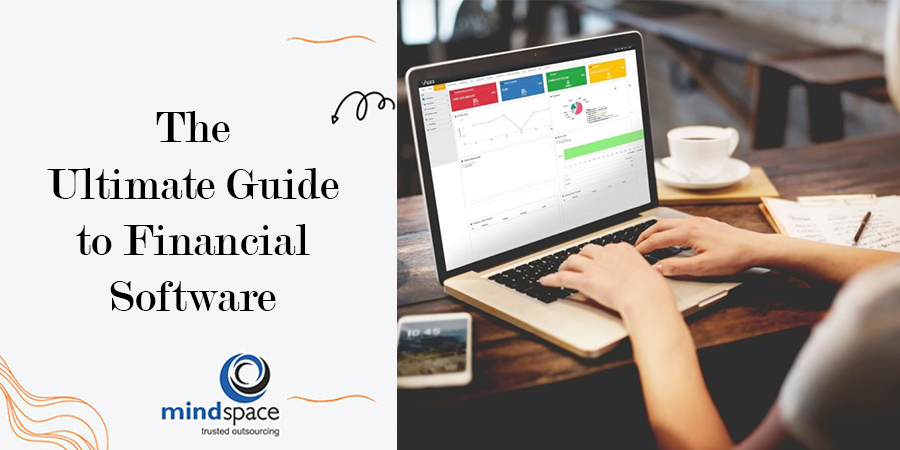The Ultimate Guide to Financial Software
In today’s world, financial management is becoming increasingly complex. With a variety of financial instruments available, it’s essential to have reliable software that can help you stay on top of your finances. This guide will provide an overview of financial software, its benefits, and the top financial software tools available.
What is Financial Software?
Financial software is a type of software that helps users manage their finances. It includes tools for tracking expenses, managing budgets, invoicing, billing, and financial reporting. Financial software can be used by individuals, small businesses, and large corporations.
What does Financial Software do?
Financial software refers to computer programs and tools designed to help individuals and businesses manage their finances. Financial software can perform a wide range of functions, including:
- Budgeting and forecasting: Financial software can help individuals and businesses create and manage budgets and forecasts, enabling them to plan and allocate resources more effectively.
- Accounting and bookkeeping: Financial software can automate accounting and bookkeeping tasks, including invoicing, accounts payable and receivable, payroll processing, and financial reporting.
- Tax management: Financial software can help individuals and businesses prepare and file tax returns, monitor tax liabilities, and manage tax payments.
- Investment management: Financial software can help individuals and businesses manage their investments, including tracking portfolios, analyzing market trends, and making investment decisions.
- Financial planning: Financial software can provide individuals and businesses with tools and resources for creating and managing financial plans, including retirement planning, estate planning, and risk management.
Overall, financial software can help individuals and businesses improve their financial management practices, save time, and make more informed financial decisions.
Benefits of Financial Software
- Time-saving: Financial software can automate many tasks, saving users valuable time. For example, it can automatically import transactions from bank accounts, categorize them, and reconcile them with the user’s records.
- Accuracy: Financial software helps minimize errors in financial records. By Automating processes and performing calculations, it reduces the likelihood of human errors.
- Organization: Financial software can help users keep their financial records organized. It provides tools for tracking income and expenses, managing budgets, and generating reports.
- Accessibility: Many financial software tools are available online, allowing users to access their financial records from anywhere with an internet connection.
- Customization: Financial software can be tailored to meet the specific needs of different users. For example, small business owners can use software designed for their specific needs, such as invoicing and payroll management.
Top Financial Software Tools
- QuickBooks: QuickBooks is a popular financial software tool used by many small businesses. It provides tools for invoicing, payroll, and expense tracking.
- FreshBooks: FreshBooks is a cloud-based accounting software that allows small businesses to manage their finances and automate tasks such as invoicing, expense tracking, and time tracking.
- Xero: Xero is another cloud-based accounting software that provides tools for managing expenses, invoicing, and payroll. It also includes features such as project tracking and bank reconciliation.
- Quicken: Quicken is a personal finance software tool that can help you manage your finances, track your investments, and create a budget. It can also sync with your bank accounts and credit cards to automatically track your spending.
- Wave: Wave is a free accounting software designed for small business owners. It includes features such as invoicing, accounting, and receipt scanning.
Conclusion
Financial software can be an essential tool for managing finances effectively. With a variety of software tools available, users can find a solution that meets their specific needs. Whether it’s for personal finance or small business management, financial software can help users save time, reduce errors, and stay on top of their finances.


